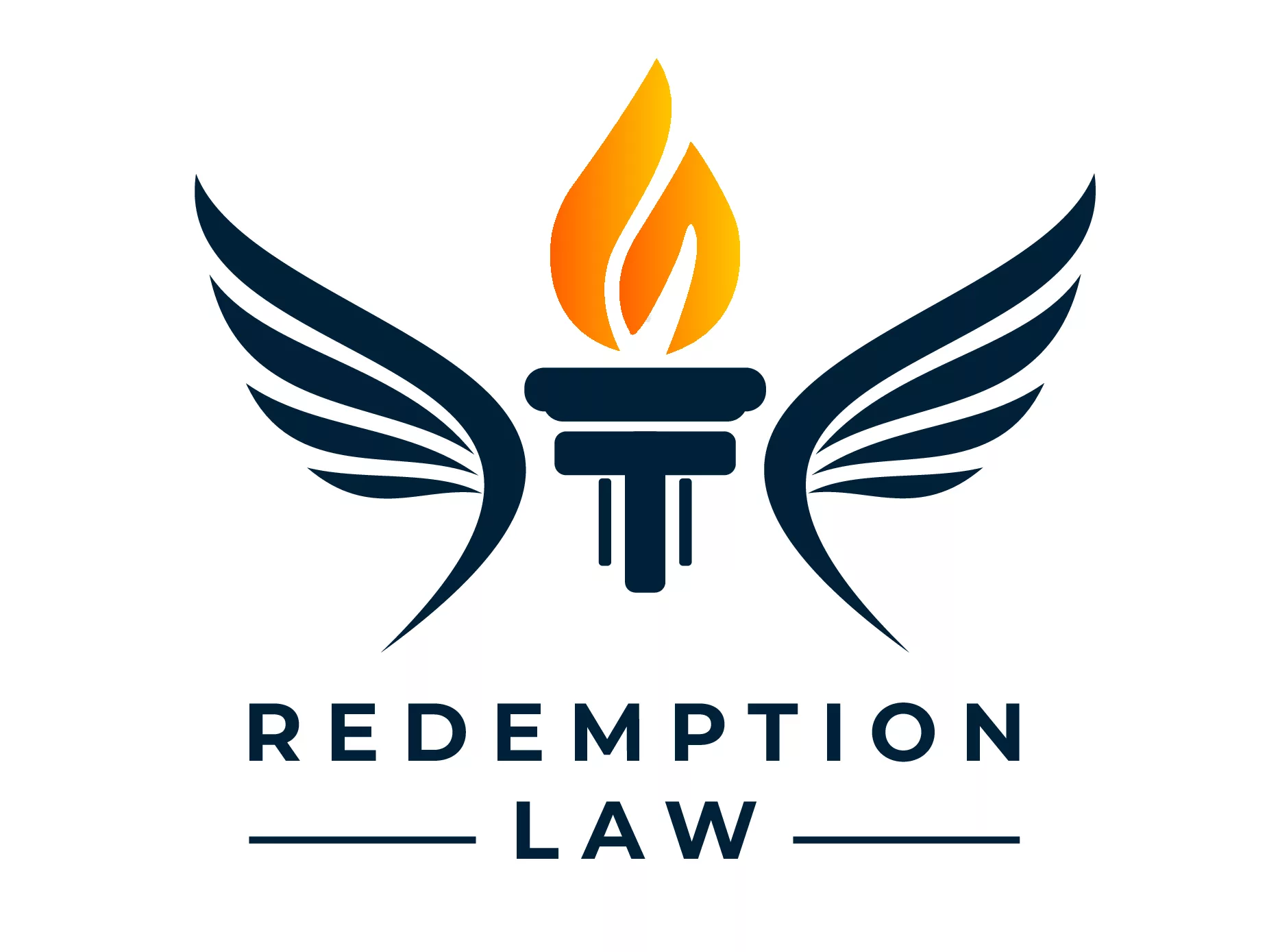A blow to the head in a car accident can lead to long-term physical and mental effects. Immediately seek medical attention and monitor your symptoms. Then review your legal options and remedies with a car accident lawyer.
Establishing Liability in a Car Accident
Investigating the Accident
After sustaining a head injury in a car accident, you must establish liability to pursue legal action.
Your attorney will investigate the accident to determine fault and gather evidence such as:
- Police reports: A police report is an official record containing details such as the date, time, and location of the accident; statements from those involved; and observations from on-scene officers. Your attorney can obtain a copy to use as a valuable resource for establishing liability.
- Witness statements: Witnesses can provide crucial information regarding the events leading up to the collision, the parties involved, and any potential contributing factors. Your attorney will identify and interview these witnesses to corroborate your account and strengthen your case.
- Traffic laws: Your attorney will also review relevant traffic laws and regulations to determine if any violations occurred. This information can help prove whether the at-fault party’s liability for your injuries.
Determining Fault
Once your attorney has gathered sufficient evidence, they will work to determine who is at fault for the accident. Some cases, such as when a driver runs a red light or fails to yield the right of way, are straightforward. More complex cases involve multiple parties who share responsibility for the accident.
Your attorney will analyze the evidence and applicable traffic laws to determine the degree of fault for each involved party, building a strong case for your claim and identifying all available avenues for compensation.
Documenting Your Injuries
Seeking Medical Attention
Always seek immediate medical attention after a car accident, especially if you’ve hit your head. A doctor will examine you, diagnose any injuries, and develop an appropriate treatment plan. Follow your doctor’s recommendations and attend any follow-up appointments, as this can influence your recovery and your ability to secure compensation in your personal injury claim.
Importance of Documentation
Receive medical attention for your health, and document those injuries and treatments accurately. This will serve as valuable evidence connecting your injury to the accident.
Your attorney can collect and preserve:
- Photographs: Photos of your injuries and damage to your vehicle or other property can provide visual evidence. Take photos as soon as possible, and continue documenting the healing process throughout your recovery.
- Medical records: Keep copies of all medical records related to your head injury, including diagnoses, treatment plans, prescriptions, and any recommendations for ongoing care. These documents will help establish the extent of your injuries and treatment costs.
- Other relevant information: Gather any information that may be relevant to your case, such as witness statements, evidence of lost income from your injury, and written accounts of your pain and suffering. Your attorney can determine what additional documentation may be helpful for your claim.
Working closely with your attorney to document your injuries and treatments helps ensure that you receive fair compensation for your damages.
Filing a Personal Injury Claim
Once the involved parties establish liability and you document your injuries, your attorney will guide you through filing a personal injury claim. This typically involves submitting a demand letter to the at-fault party’s insurance company. This letter explains facts about the accident, provides proof of liability, details the injuries you sustained, and presents the compensation you’re seeking.
Information to Include in the Claim
Your attorney will ensure that your claim includes information supporting your case for compensation, including:
- Extent of injuries: Your claim should detail the specific nature of your head injury and any additional injuries you sustained. This may include concussions, traumatic brain injuries, lacerations, fractures, and any long-term effects or impairments resulting from the accident.
- Costs of medical treatment: Your claim should include a detailed account of the expenses related to your medical care, including hospital bills, prescription medications, physical therapy, and any ongoing treatments or rehabilitation. Establishing the estimated cost of future medical care is also crucial.
- Other damages: In addition to medical expenses, your claim should account for other damages such as lost income from missed work, reduced earning capacity if you cannot work, and pain and suffering from your injuries.
By working closely with your attorney to provide detailed and accurate information about your injuries and associated damages, you increase your likelihood of receiving fair compensation for your losses.
Negotiating a Settlement
Once you’ve filed your personal injury claim, your attorney will negotiate with the insurance company. They’ll use their experience and knowledge to advocate for your interests and ensure you receive fair compensation.
Factors to Consider in a Fair Settlement
Several factors will determine a fair settlement for your injuries, including:
- The severity and extent of your injuries and any long-term effects or disabilities from the accident.
- The cost of medical treatments, including relevant past and future expenses.
- Lost income or reduced earning capacity because of time off or an inability to perform your job at the same level as before the accident.
- Pain and suffering resulting from your injuries and their effect on your life.
Your attorney will use these factors and other relevant information to negotiate a fair settlement that accounts for all of your damages.
Out-Of-Court Settlements
In most cases, out-of-court settlements resolve personal injury claims in a way that is faster and less expensive than going to trial. Your attorney will work diligently to reach a fair settlement for you, but they will also prepare to take your case to court if necessary to secure the compensation you deserve.
By trusting your attorney to handle the negotiation process, you can focus on healing and recovering while they pursue a fair settlement.
Pursuing a Lawsuit
If negotiations with the insurance company fail to result in a satisfactory settlement offer, your attorney may recommend filing a personal injury lawsuit to pursue the compensation you deserve. Individuals usually take this step when the at-fault party or their insurance company denies responsibility, disputes the extent of your injuries, or offers an inadequate settlement amount.
Presenting Evidence in Court
In a personal injury lawsuit, your attorney will present evidence to the court to demonstrate the other party’s fault and the extent of your injuries.
This may include:
- Police reports and witness statements collected during the accident investigation.
- Medical records, bills, and expert testimony to substantiate the severity of your injuries and the cost of your treatment.
- Documentation of lost income, reduced earning capacity, and other damages related to your injuries.
Trial Process
During the trial process, your attorney will represent you and work to persuade the judge or jury of your claim’s validity. By skillfully presenting evidence, calling expert witnesses, and effectively arguing your case, your attorney will strive to achieve a favorable outcome, including securing the compensation you deserve for your injuries and damages.
It’s important to note that pursuing a personal injury lawsuit can be a lengthy and complex process. With the guidance of an experienced attorney, however, you can navigate the legal system with confidence that someone is working to protect your rights.
Even after a trial begins, settlement is a possibility. You can reach a settlement any time before the judge renders a final decision on your case.
Time Limits for Filing a Lawsuit
It’s important to be aware that there are time limits in the statute of limitations for filing a personal injury lawsuit. These time limits vary depending on what jurisdiction the accident occurred in and the specific type of personal injury case.
Your attorney can advise you on the applicable statute of limitations in your jurisdiction and ensure that you file your claim accordingly to avoid any issues from a late filing.
Consequences of Expired Statute of Limitations
Failing to file your lawsuit within the statute of limitations can result in losing your right to pursue compensation for your injuries and damages through the court system. If the time limit expires, the court may dismiss your case, leaving you without any legal recourse for the losses you have suffered. Without a lawsuit to encourage the insurance company to negotiate in good faith, there is little chance they will settle.
Consult with an experienced personal injury attorney as soon as possible after your accident to ensure you meet the necessary deadlines and protect your right to seek compensation.
Seeking Expert Witnesses
To build a strong case and maximize your chances of receiving fair compensation, your attorney may enlist the help of expert witnesses.
These experts can provide valuable testimony in support of your claim and may include:
- Medical professionals: Doctors, nurses, and other medical experts can attest to the severity of your injuries, the necessary treatments, and the effect your injuries have on your quality of life.
- Accident reconstruction experts: These professionals can help recreate the scene of the accident, analyze the factors that contributed to the collision, and prove liability.
- Other specialists: Depending on the specifics of your case, your attorney may seek the assistance of other experts, such as vocational rehabilitation specialists or economists, to provide insight into the long-term effects of your injuries on your ability to work and earn income.
Expert witnesses play a critical role in personal injury cases, as they can provide credible, objective testimony to support your claim. Their expertise can help to establish the cause of the accident, demonstrate the severity of your injuries, and provide an accurate assessment of the damages you’ve suffered.
Potential Damages in a Personal Injury Case
Damages in a personal injury case typically fall into three categories: economic, non-economic, and punitive.
Economic damages may include:
- Medical expenses: Compensation for any medical costs, both past and future, associated with the treatment of your head injury. This may cover doctor visits, hospital stays, medications, physical therapy, and any other related expenses.
- Lost income: Reimbursement for any income you have lost or will lose due to your inability to work as a result of your head injury.
- Other expenses: Replacement services for home care, such as cooking, cleaning, and repairs. This may also include any modifications to your home, such as installing ramps and lifts, or widening doorways.
Non-economic damages may include:
- Pain and suffering: This consists of compensation for the physical pain and emotional distress you’ve experienced because of your head injury and its effect on your life.
- Loss of enjoyment of life: You may claim changes to your lifestyle, such as giving up hobbies or not being able to participate in family gatherings, in non-economic damages.
- Loss of companionship: If your injury causes you to lose your physical or romantic relationship with your partner, you may claim that as a loss.
A Personal Injury Lawyer Can Protect Your Rights After a Head Injury
Hiring an experienced personal injury lawyer to represent you after hitting your head in a car accident offers numerous advantages.

These include:
- Knowledge of the law: A skilled attorney will have a deep understanding of the relevant laws, regulations, and legal processes that apply to your case. They can build a strong argument on your behalf, increasing the likelihood of a successful outcome.
- Negotiation skills: Many personal injury cases settle out of court through negotiations with insurance companies or the responsible party. A seasoned lawyer will have the skills to negotiate on your behalf, striving to reach the best possible settlement for your losses.
- Access to resources: Experienced personal injury lawyers have access to a network of professionals, such as expert witnesses and investigators, who can support your case and strengthen your claim.
- Peace of mind: With a knowledgeable attorney by your side, you can focus on your recovery while trusting that they are handling your legal matters with the utmost care and professionalism.
Head injuries from car accidents can have serious and long-lasting physical and emotional consequences.
Contact an experienced personal injury lawyer to provide legal knowledge, valuable resources, and skilled representation that can greatly enhance your chances of success. Their guidance can protect your rights, navigate the legal process, and obtain the fair compensation you deserve.
Related articles
Related articles Related articles Related articles Related articles Related articles Related articles Related articles Related articles Related articles Related articles
Personal Injury
02 Feb 2024
How Long After An Accident Can You Claim Injury?





